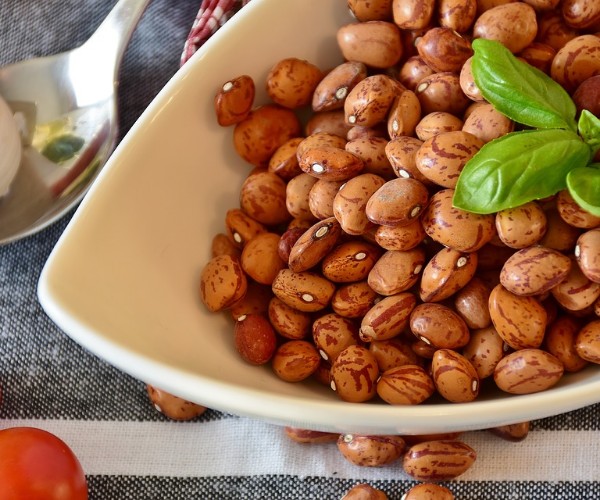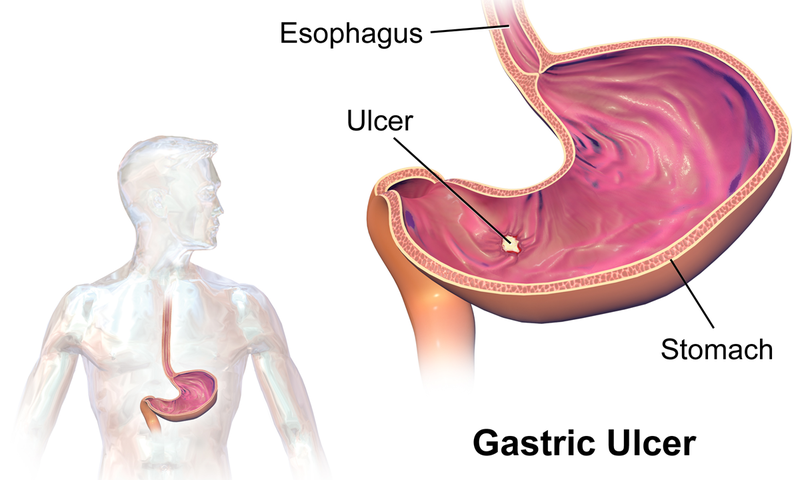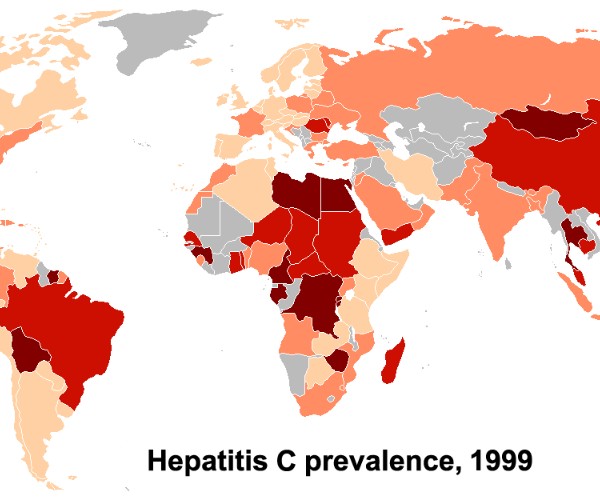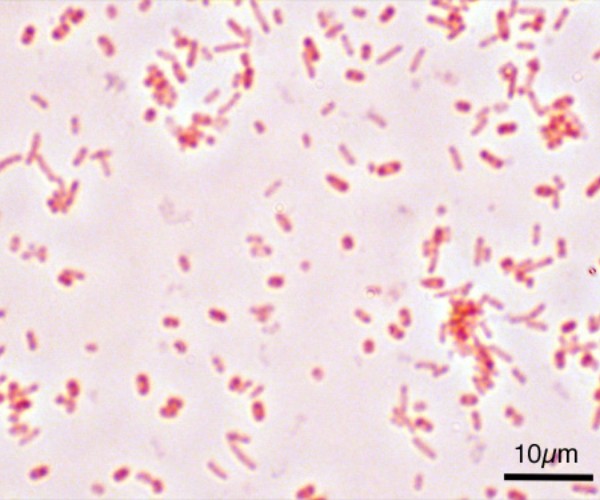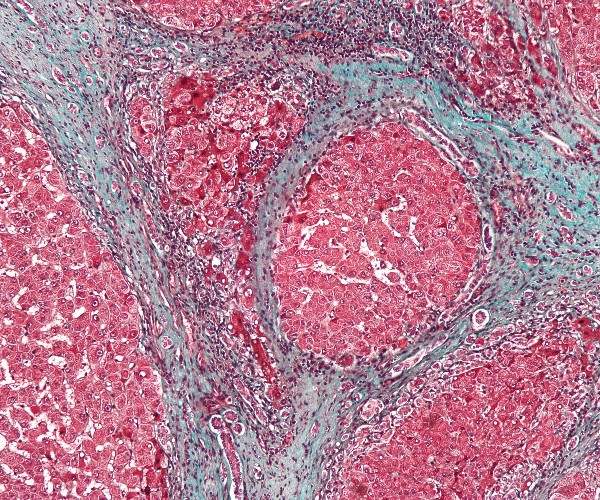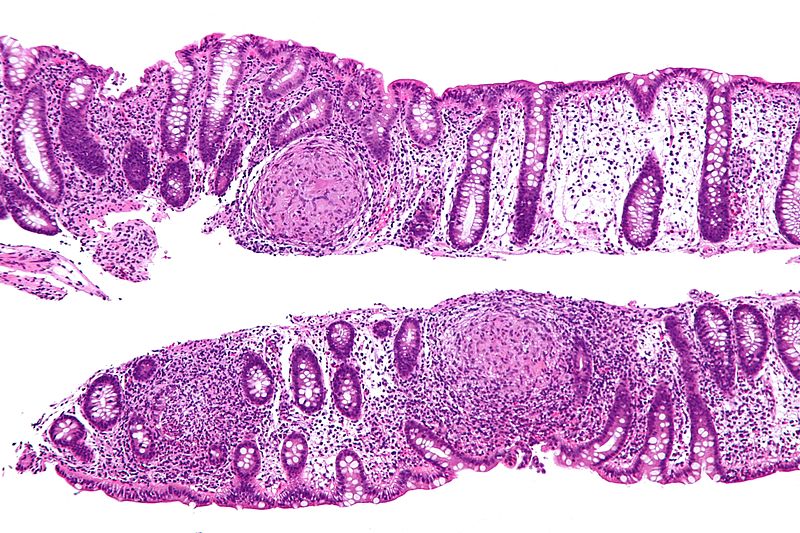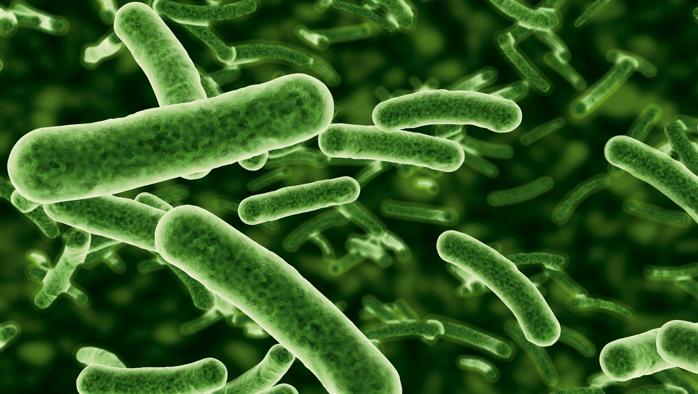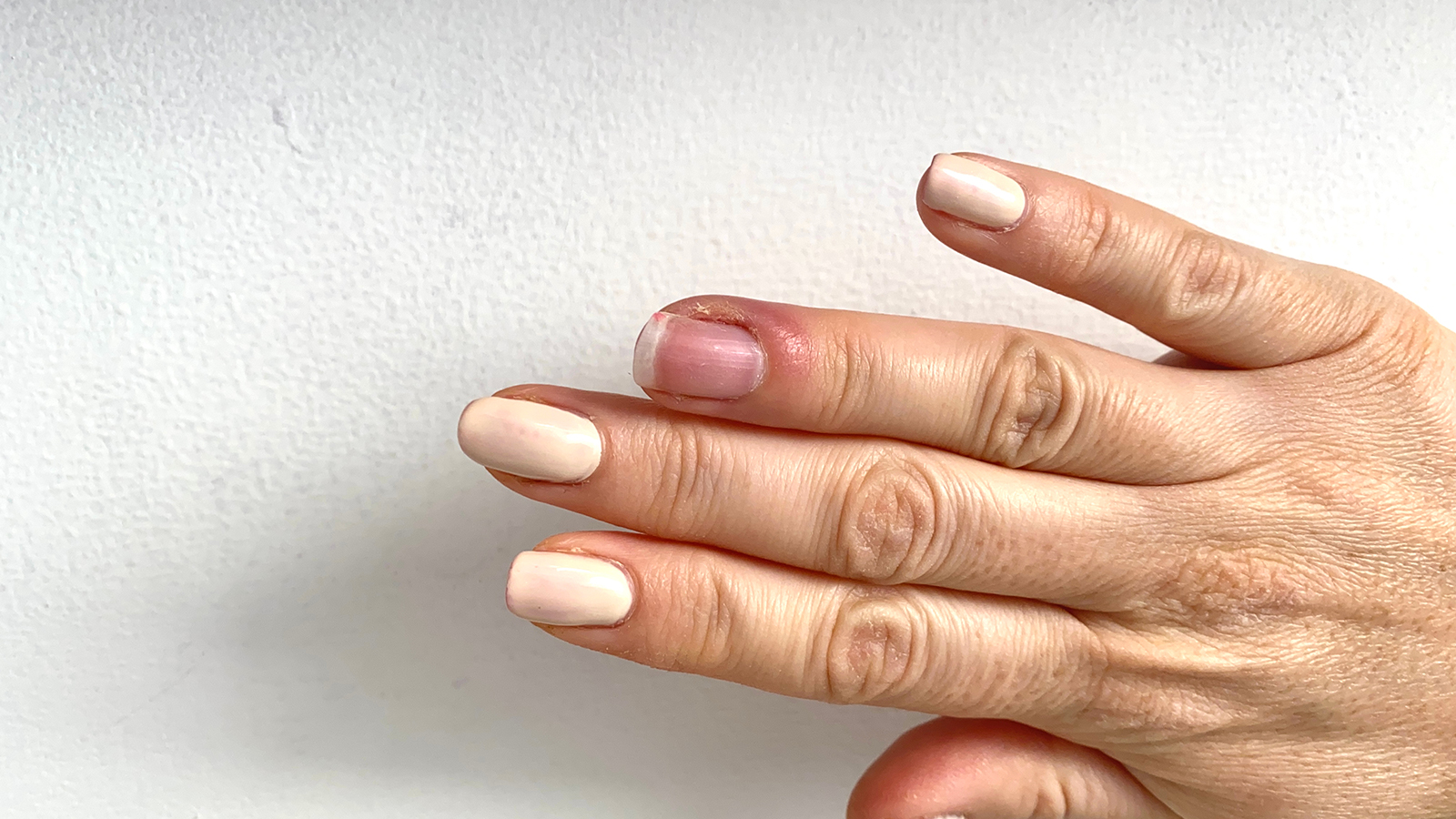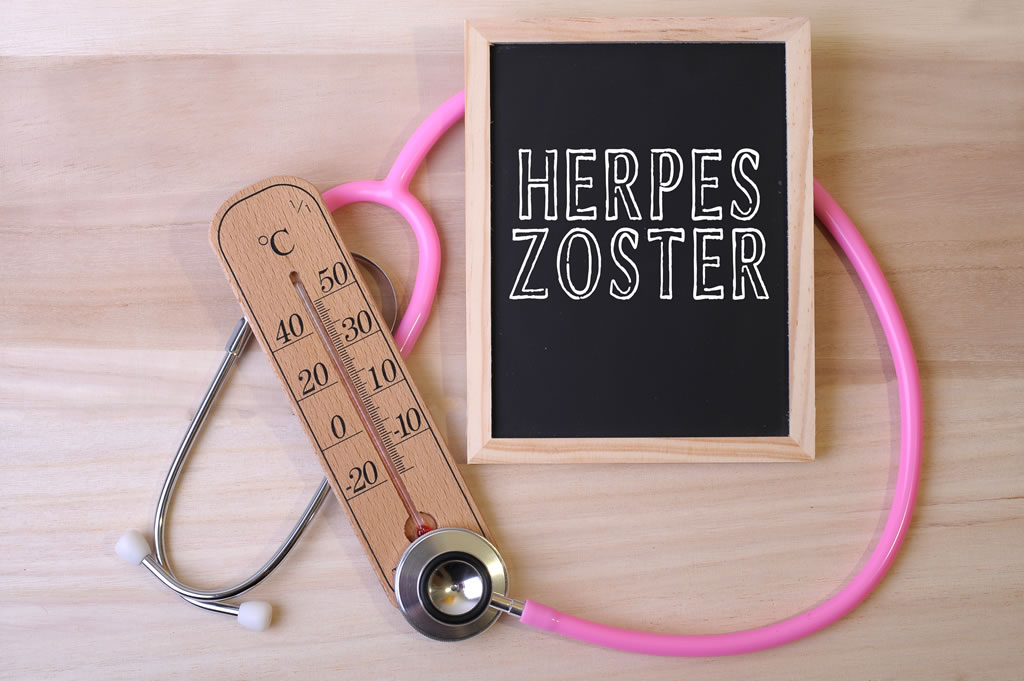IMeteorism means distention of the abdominal wall due to gas accumulation in the intestines. It is a term widely used in adult and sometimes proposed not so much as a symptom, which in fact it is, but almost as a disease. It can actually occur in children as well, in whom it takes on a different meaning depending on the age group and the consequences it can have on both digestion and general well-being.
The causes
In other words, it is a phenomenon, or, if you prefer, disorder, which can be entirely nonspecific or become a valuable clue pointing toward a precise diagnosis. In the infant, for example, the most common cause is aerophagia, which is the ingestion of air, most often promoted by suboptimal breast anchorage or, in the case of formula feeding, a hole in the teat that is too small. Also in the first weeks of life, another determining factor is the feeding of the baby not at the first signs of hunger (waking from sleep, eye movement, tongue snapping and lip movements) but after the “explosion” of crying, which causes the baby to swallow air. Colic is then another physiological phenomenon that results in tension of the abdominal wall and, according to some, is an expression of a maturing process of the digestive tract.
The role of milk
Meteorism, however, can also be due to gastroenteritis, digestive difficulties, and food allergies: in the infant in first place we find cow’s milk protein allergy, while from weaning the most likely events are lactose and gluten intolerance. Lactose, in particular, in order to be absorbed, requires the intervention of lactase, which breaks it down into its two constituent units, glucose and galactose. The reduction of this enzyme, which occurs in some individuals, results in the retention of this sugar and its fermentation by the intestinal bacterial flora: hence the two unmistakable signs, meteorism and diarrhea, that occur after the intake of milk, dairy products and other foods containing Lactose. The suspicion initially arises on the basis of this direct association, but it can be easily and definitively confirmed by performing a simple test suggested by the pediatrician.Once the diagnosis is made, however, for the child it does not mean having to give up such an important food as milk and all foods that are sources of lactose: thanks to research, in fact, a preparation has been prepared that allows it to be degraded, thus obviating the lactase deficiency.
If a child, therefore, has not previously suffered from meteorism, it is always good to first observe the progress of this disorder and particularly whether it is affected by diet. In the case of its persistence or accentuation, it is always a good idea to consult your pediatrician in order to make a careful assessment, which will allow the appropriate investigations and necessary steps to be taken to limit or possibly avoid discomfort to the child, whether small or large.













